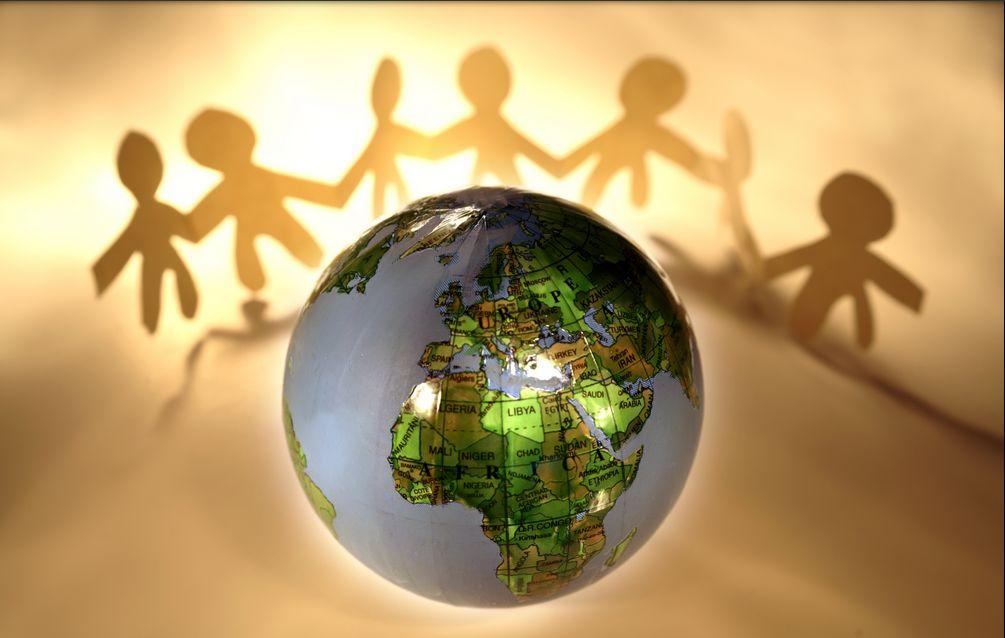BEIJING, June 1 (Xinhuanet) -- The United States' pursuing an "America First" policy contradicts its self-proclaimed image of a paragon of "free trade" and "fair trade" and exposes its hypocritical nature.
For some time, the United States has been willfully pursuing its "America First" policy by blatantly setting trade barriers, violating multilateral trade rules and undermining fairness and justice. This poses serious harm to the world economy, including the United States itself and also tarnishes its national image.
Washington has abused its superpower status by bypassing the World Trade Organization’s dispute settlement mechanism and unilaterally initiated international trade disputes based on its domestic law.
Over more than a year, the U.S. side has wielded a "big stick" of protectionism against many of its trade partners and arbitrarily imposed high tariffs on imports from China.
Only recently, the United States has increased additional tariffs on 200 billion U.S. dollars' worth of Chinese goods from 10 percent to 25 percent.
This aggravated the year-long trade friction between the world's top two economies despite their 11 rounds of trade talks.
Adding tariffs can not address the real ills of the U.S. economy; instead, it will only harm U.S. farmers, increase costs for American consumers and businesses, rattle financial markets and threaten global growth.
When widespread suspicion and market turmoil were triggered, the U.S. side shifted the blame to China.
Actually, the United States is to blame for the failed trade talks as it has adopted a totally self-contradictory attitude and often used flip-flop tactics.
Facts speak louder.
On one occasion, the U.S. side said the trade talks with China were going "very smoothly," while on another occasion, it accused China of "pulling back and breaking its promises."
In May last year, during Chinese Vice Premier Liu He's visit to Washington, the two countries agreed not to engage in a trade war.
But only days later, the Trump administration said it will impose a 25-percent tariff on 50 billion U.S. dollars' worth of Chinese imports.
Then in December, the two sides agreed on the value of Chinese purchases of U.S. goods, but the United States deliberately raised the asking price in subsequent negotiations.
Furthermore, the U.S. side has gotten into the bad habit of saying one thing while doing another.
Often, the United States claimed that it would develop a cooperative partnership with China, while labeling China as an opponent with fabricated excuses and intention to contain China’s development.
"Without credit, a man can not establish oneself, neither does a nation to prosper."
These self-contradictory moves have damaged U.S. long-term interests and disgraced Washington's credibility as a responsible major country.
As the world's largest economy and the only superpower, the United States is expected to match words with deeds and desist from engaging in bullying.
Clearly, a trade war has no winners.
The China-U.S. trade friction can only be solved through consultation and dialogue under the principle of equality, mutual respect and mutual benefit.
Decision-makers in Washington need to have a clear understanding that bullying isn't the solution to its trade disputes and get back on the right track as soon as possible.




 A single purchase
A single purchase









